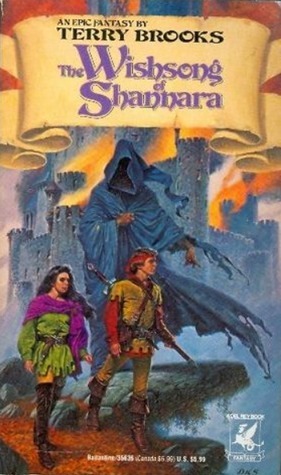
The Power is a novel that I bought shortly after its publication in 2016 – I was immediately grabbed by the premise of women becoming, almost overnight, the dominant sex. Now that I’ve read it, I have to admit that I’ve found it quite difficult to review. It’s not a bad book in any sense – I enjoyed its exploration of gender role reversal – but it’s proved a tricky one to discuss. Bear with me.
All over the world women are discovering they have the power.
With a flick of the fingers they can inflict terrible pain – even death.
Suddenly, every man on the planet finds they’ve lost control.
The Day of the Girls has arrived – but where will it end?
There are so many words that I want to use to describe this novel – fascinating, brutal, and terrifying are the key ones that spring to mind. Fascinating because this novel turns gender roles on their head, quite literally. Since “the day of the girls”, it is boys who are told to stay in groups, to not get separated from their friends, and to not stay out too late. It is boys who are segregated in schools for their own protection. And, in some countries, men are no longer able to gather without a woman present, and are not allowed to drive. I think that what stood out for me was that there is nothing done to the men in this novel that doesn’t currently happen to women somewhere, other than the very obvious difference that men aren’t able to electrocute women at will, not without a few tools at least.
It is also brutal and terrifying, in the sense of what some (few) women choose to do with their newfound ability, and some parts of the novel make for uncomfortable reading. The idea of male genital mutilation is mentioned, and there are a small number of rape scenes – women now being able to use their power to make a man erect whether he is willing or not. Some scenes aren’t entirely pleasant to read, although Alderman avoids gratuitous violence, and part of what makes it so uncomfortable is that it highlights issues that are prevalent in society today, albeit with roles reversed.
The Power follows four key characters who take on different roles in this new society. There’s Tunde, a Nigerian man who captures early footage as the change becomes more apparent, and then seeks to document the changes in various countries, conscious that he is now “the weaker sex”. In American, there’s Allie, an abused foster child who remodels herself as a faith leader, and Margot, a politician whose own daughter awakens the power in her. There’s also Roxy, a London crime lord’s daughter, who is one of the more powerful women in the novel. I did find some of these characters more interesting than others, although all have their role to play, and I think that Allie’s journey is particularly interesting.
The novel is bookended by letters between a Neil Adam Armon (you’ve spotted the anagram, right?) and Naomi. Neil has written an historical novel about how women came to power, presenting the novel as the most plausible narrative for what happened, covering the immediate aftermath as well as what happened after that. I enjoyed this narrative device, particularly as it allows Naomi to comment (amusingly) upon what a world ruled by men – something she has never known – might look like.
The Power is a thought-provoking read which seeks to highlight the injustice in the world that results from gender differences. It’s well-written and entertaining, if not always entirely comfortable. Recommended.
Rating: ⭐ ⭐ ⭐ ⭐
Advertisements Share this:




